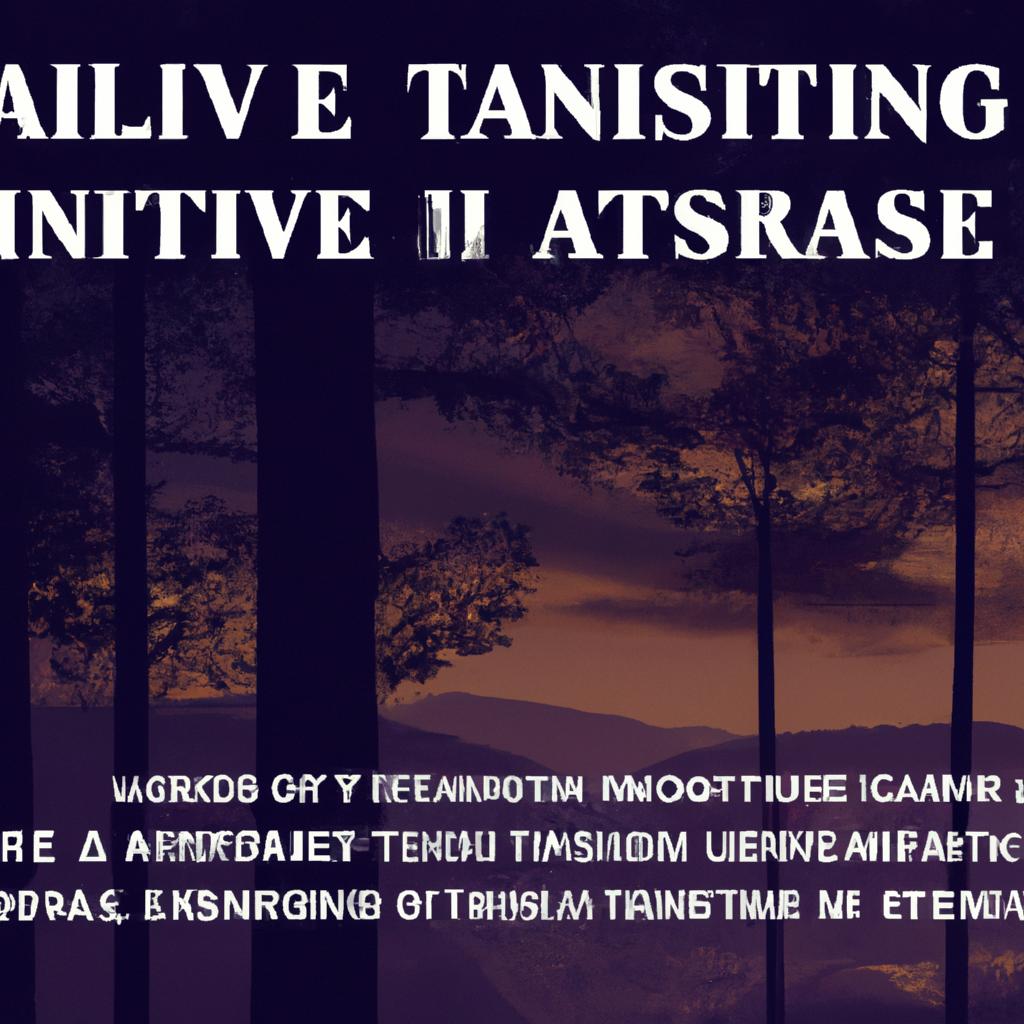Dealing with the passing of a loved one often involves the challenging task of managing their estate. This responsibility typically falls on the shoulders of the appointed estate administrator. But what does being an estate administrator entail? In this article, we will explore the duties and responsibilities of these key individuals who are tasked with managing the assets and liabilities of the deceased. Let’s delve into the intricacies of estate administration and gain a comprehensive understanding of this crucial aspect of end-of-life planning.
The Role of an Estate Administrator
An estate administrator plays a pivotal role in managing the affairs of a deceased individual. This person is tasked with overseeing and distributing the assets and liabilities of the deceased as per their wishes, or in the absence of a will, as per legal guidelines. The court often appoints the administrator if there is no will, or if the designated executor is unable or unwilling to perform their duties.
Duties of an Estate Administrator:
- Compiling an inventory of the deceased’s assets, including real estate, investments, and personal belongings
- Informing creditors and settling any outstanding debts of the deceased
- Distributing the remaining assets to the beneficiaries as per the will or as directed by the court
- Filing tax returns on behalf of the deceased and the estate, ensuring all financial matters are properly addressed
In essence, the estate administrator plays a critical role in ensuring that the deceased’s wishes are fulfilled and that their assets are managed responsibly and ethically. This role demands meticulous attention to detail, organization, and a robust understanding of legal and financial matters. It is a position of trust and responsibility that should be taken seriously.
Primary Duties of an Estate Administrator
An estate administrator has a set of primary responsibilities that are crucial in managing the affairs of a deceased individual. These responsibilities demand meticulous attention to detail, organization, and a strong sense of duty.
- Asset Management: The estate administrator is responsible for identifying, cataloging, and safeguarding the deceased’s assets. This includes real estate, investments, bank accounts, and personal belongings.
- Debt Settlement: The estate administrator must pay off any outstanding debts or liabilities of the deceased using the estate’s assets. This process involves communicating with creditors, negotiating settlements, and ensuring that all debts are settled promptly.
- Asset Distribution: After all debts and taxes have been paid, the estate administrator must distribute the remaining assets as per the deceased’s will or state laws if there is no will. This process requires careful consideration and adherence to legal requirements.
Characteristics of an Effective Estate Administrator
When selecting an estate administrator, certain key qualities are essential for the efficient and effective management of an estate. Here are some important traits to consider:
- Organizational Skills: An effective estate administrator must be highly organized to manage important documents, deadlines, and tasks related to the estate.
- Communication Skills: Clear and effective communication is vital when dealing with beneficiaries, lawyers, financial institutions, and other parties involved in the estate.
- Problem-Solving Abilities: The ability to think critically and solve problems quickly and efficiently is essential for handling unexpected issues that may arise during the administration process.
| Experience | Prior experience in estate administration or a related field can be a valuable asset. |
| Attention to Detail | Being meticulous and paying attention to small details can prevent costly mistakes. |
By ensuring that your estate administrator possesses these qualities, you can rest assured that your estate will be managed competently.
Legal Process with an Estate Administrator
The role of an estate administrator is critical when it comes to managing the legal affairs of a deceased individual. An estate administrator, also known as a personal representative or executor, is appointed to oversee the distribution of a deceased person’s assets and settle any outstanding debts. This process, known as probate, can be complex and time-consuming, requiring the administrator to navigate various legal procedures and requirements.
The estate administrator’s main responsibilities include gathering and inventorying the deceased’s assets, which may include property, investments, and personal belongings. The administrator is also responsible for identifying and notifying any creditors of the estate, as well as paying off any outstanding debts using the estate’s assets. Additionally, the administrator must distribute the remaining assets to the beneficiaries named in the deceased’s will or according to state laws if there is no will.
Throughout the legal process of probate, an estate administrator must adhere to strict guidelines and deadlines to ensure that the estate is settled properly and in accordance with the law. This may involve filing various legal documents with the court, communicating with beneficiaries and creditors, and resolving any disputes that may arise during the probate process. By working closely with legal professionals and following the necessary procedures, an estate administrator can help bring closure to the affairs of the deceased individual and ensure that their wishes are carried out as intended.
Conclusion
In summary, understanding the role of an estate administrator is crucial for navigating the complex process of managing a deceased individual’s assets and affairs. Whether you need to appoint an administrator or find yourself in this role, having a clear understanding of the responsibilities and duties involved is vital. By educating yourself on the role of an estate administrator, you can ensure a smoother and more efficient administration process. We appreciate your time in exploring this topic with us.

Unraveling the Mystery: What Does ‘Administrator of Estate’ Really Mean?
When someone passes away, their estate needs to be managed and distributed according to their wishes and in compliance with the law. One key individual responsible for overseeing this process is the administrator of estate. But what exactly does this title entail? Let’s dive into the details to unravel the mystery behind the role of an administrator of estate.
Understanding the Role of an Administrator of Estate
An administrator of estate, also known as an executor or personal representative, is a person appointed to manage the affairs of a deceased person’s estate. This individual is entrusted with the important task of ensuring that the deceased’s assets are properly accounted for, debts are paid off, and the remaining estate is distributed to the beneficiaries as per the terms of the will or intestacy laws.
Responsibilities of an Administrator of Estate
The primary responsibilities of an administrator of estate include:
- Locating and assessing the deceased’s assets
- Notifying creditors and settling outstanding debts
- Preparing and filing necessary legal documents with the court
- Distributing assets to beneficiaries
- Filing final tax returns on behalf of the deceased
- Resolving any disputes or claims against the estate
The Appointment Process
Typically, the deceased will name an executor in their will, but if no executor is named or willing to serve, the court will appoint an administrator of estate. This individual may be a family member, friend, attorney, or even a financial institution. The court will issue letters of administration to authorize the administrator to act on behalf of the estate.
Benefits and Practical Tips
Being appointed as an administrator of estate comes with its own set of challenges and responsibilities. Here are some benefits and practical tips to bear in mind:
| Benefit | Tip |
|---|---|
| Control over estate matters | Stay organized and keep detailed records |
| Fulfilling deceased’s wishes | Seek legal advice when needed |
| Protecting estate assets | Communicate openly with beneficiaries |
Case Studies
Let’s look at a couple of scenario examples to better understand the role of an administrator of estate:
Case Study 1: John’s Estate
John passed away without a will, leaving behind a house, savings account, and two siblings. The court appointed his sister, Sarah, as the administrator of estate. Sarah had to notify creditors, sell the house, and distribute the proceeds to her and her brother as per the intestacy laws of the state.
Case Study 2: Mary’s Estate
Mary had a will naming her daughter, Anna, as the executor of estate. Anna had to locate all of Mary’s assets, pay off debts, and distribute the estate to the specified beneficiaries. She sought legal advice to ensure she fulfilled her duties correctly.
First-hand Experience
Having served as an administrator of estate myself, I can attest to the importance of being organized, communicating effectively, and seeking assistance when needed. It’s a daunting task, but incredibly rewarding to ensure a loved one’s wishes are carried out efficiently.
Conclusion
Being an administrator of estate is a significant responsibility that requires attention to detail, compassion, and legal knowledge. By understanding the role and responsibilities associated with this title, you can navigate the complexities of estate administration with confidence and ease.


